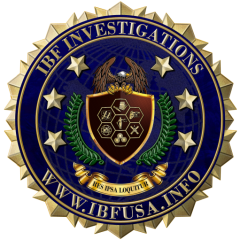
When seeking to retain the services of an Expert Witness for a legal matter, one may typically consider factors such as familiarity, qualifications, or a lengthy professional history. While these are all commendable attributes to take into account, I would like to suggest a fresh approach to this crucial decision-making process – the use of a checklist, as it were.
- The quality of evidence.
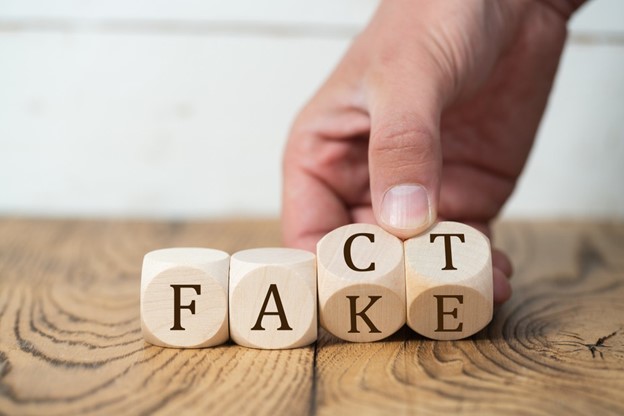
Certain experts may excel at engaging in general discussions and formulating opinions based on their experience, rather than placing a strong emphasis on the accuracy of the information or the veracity of available evidence. Conversely, some experts, such as myself, place significant reliance on the quality of the evidence at hand. In situations where there is a dearth of evidence, expert testimony can potentially serve as a deciding factor in one’s favor, given that opinions can be presented in a general sense. However, during cross-examination, the same expert may be compelled to make admissions that are not advantageous to one’s objectives.
When considering the appointment of an expert, it is essential to be mindful of the extent of detail, evidence, information, and data that the expert requests. In civil matters where liability percentages or probabilities are more prevalent, a lessened emphasis on minutiae may suffice. However, in criminal matters, particularly those in which a “1% guilt” argument is prominent, the importance of focusing on every detail cannot be overstated. Indeed, in such cases, the proverbial devil is quite literally in the details.
It is imperative to ensure that one’s expert is thoroughly apprised of all pertinent information, possesses access to all relevant evidence, and that the quality of said evidence is of a high standard, commensurate with that of the original documentation. The inclusion of black and white photographs, photocopied documents, or references to evidence that cannot be authenticated may potentially serve as significant obstacles to effectively representing one’s clients.
- The type of matter you are engaged in.
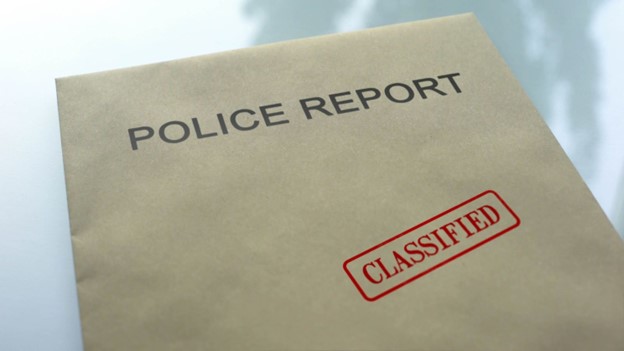
In the event that an expert has primarily specialized in certain types of cases throughout their career – such as Road Accident Fund Cases, Criminal Cases, or Insurance Cases – and has predominantly been engaged by the same parties (e.g. plaintiffs or defendants, prosecution or defense), they may inadvertently become entrenched in that niche. As a result, they may potentially encounter difficulties if called upon to “switch sides” in only a few cases, as this could lead to confusion or distraction.
Throughout my tenure as a Specialist Reservist (Class C) in the South African Police, as well as during my tenure with the Road Accident Fund and my contract with the Road Traffic Management Corporation, I consistently served in a state capacity. However, I regularly accepted appointments from attorneys representing RAF claimants, those who defend clients in criminal matters, and private clients directly.
Engaging an expert who possesses experience representing all sides of a litigation can be highly advantageous. In doing so, one is likely to derive optimal benefits, as the expert in question is apt to perform at their highest level, make the greatest contributions, and be well-prepared for both testimony and cross-examination.
- The presence or absence of expert testimony solicited by your opposition.
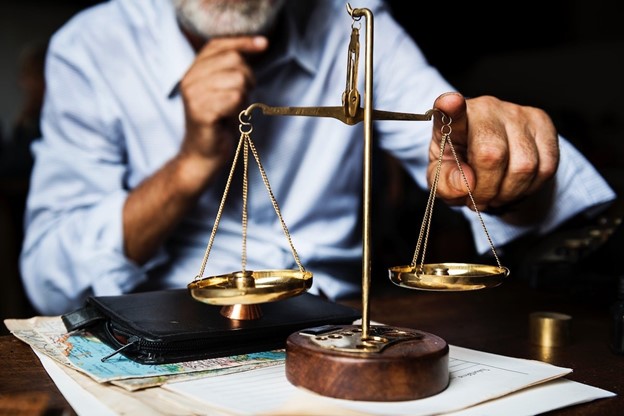
Some experts may spend years testifying in criminal or civil courts without encountering much opposition from opposing expert witnesses. While such exposure may establish one’s expert as a recognizable “brand” within the industry and result in numerous successful outcomes, the true measure of their proficiency arises when confronted with a comparably qualified, experienced, or skilled expert engaged by the opposing team. It is at this point that an expert’s true mettle is tested.
Having accumulated over two decades of experience analyzing physical crime scenes, serving in court, and being engaged by both parties in civil and criminal cases, I have arrived at the realization that numerous experts have grown complacent over time. In spite of possessing impressive qualifications and extensive experience, many experts, even those based in the USA, falter when subjected to rigorous cross-examination, which I have developed and guided.
Although experts such as Mathematics Professors might possess faultless expertise in their field, they may not be as proficient in interpreting physical evidence, appropriately collecting evidence, utilizing the latest technologies, or presenting evidence with the necessary level of diligence.
The subsequent excerpt from an authentic ruling in a civil case illuminates this issue in a clear manner:

“Now the evidence of Mr. Bezuidenhout, I must admit, is the best I have heard in many years. This witness that testified today, is taking the cake by far. He clearly is head and shoulders above all other experts I have heard see in this court. The evidence that he gave is so clear and precise that I cannot find any mistake whatsoever with that.” – Magistrate De Beer, Goodwood Civil Court
For more endorsements and references, please visit http://ibfusa.info/letters/
- The questions asked and the information requested.
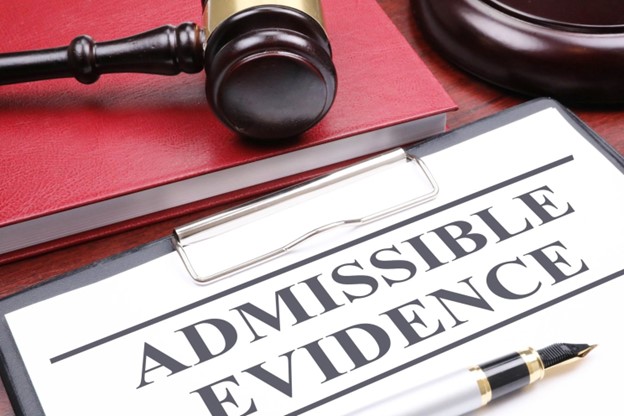
When appointing an Expert Witness, it is imperative to pay close attention to the types of evidence they request or the contributions they bring to your discovery endeavors. Whether you are submitting a Discovery Request or pursuing an SS 87 Application, your expert should be capable of providing guidance or seeking clarification and additional evidence as necessary.
In nearly every case in which I have been engaged, I have encountered situations where the opposing party provides only the bare minimum of evidence, is unable to authenticate the source data or evidence, or has completely disregarded critical information, either intentionally or unintentionally.
If an Expert Witness is willing to produce a report or provide testimony based solely on low-quality black-and-white photocopies of photographs, without visiting the scene or attempting to examine evidence firsthand whenever feasible, you should proceed with caution and carefully evaluate their potential value to your case.
- The broader scope of skills the expert offers.

When selecting an Expert Witness, it’s important to note that they vary in their experience and skills. While some have a broad range of expertise, others may have very specific qualifications. It may be necessary to call on a Civil Engineer for a Criminal Matter in some cases, but they may not be knowledgeable about the road engineering involved, the at-scene investigation, the procedures followed, or the protocols used by the attending police units, rendering their contribution less valuable.
In order to maximize the benefit of an Expert Witness, it is advisable to engage one with a diverse range of skills, experience, and qualifications. An expert with training or experience in multiple areas, such as law, human factors, physics, software, law enforcement, vehicle mechanics, mathematics, and more, can provide a much broader perspective and more valuable contribution to your case.
In my professional engagements, I offer much more than a simple opinion on how a collision or crime occurred. I take great pride in the depth and breadth of the value that I bring to those who engage my services.
I trust that the information provided thus far has been helpful, and I look forward to offering further insights in the future.
Please do not hesitate to contact me if you require any assistance with Expert Testimony. I wish you all the best in all your legal endeavors!
